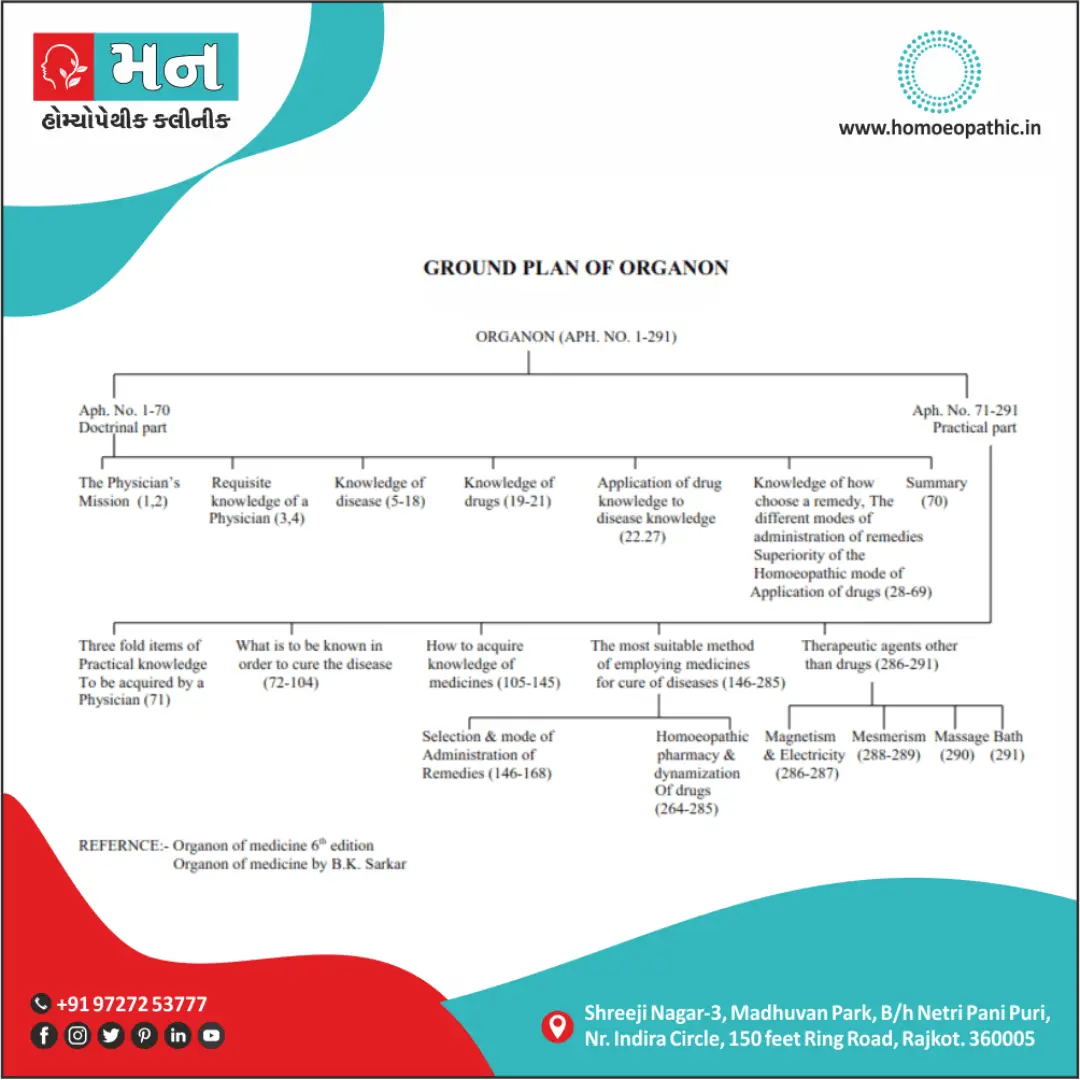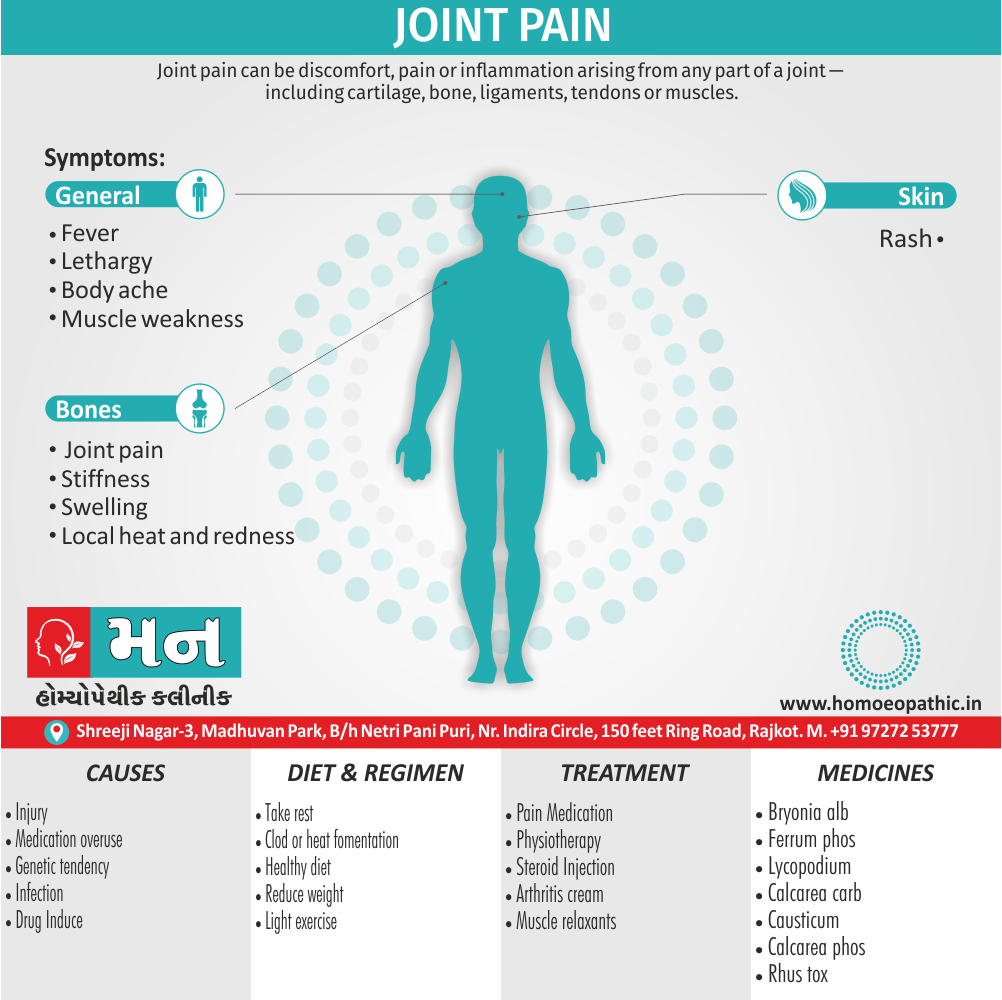Samuel Hahnemann’s Organon of Medicine presents a “ground plan” for understanding and treating disease in homeopathy. This involves viewing illness as a dynamic disturbance of the vital force, manifesting as unique symptom patterns in each individual.
The homeopath identifies this totality of symptoms to understand the underlying disease state and selects a remedy based on the principle of “like cures like,” stimulating the body’s innate healing abilities. This individualized approach contrasts with allopathy’s focus on suppressing symptoms, emphasizing the importance of treating the whole person rather than isolated complaints.
Unlock the secrets of homeopathy with the Ground Plan of Organon. Discover the fundamental principles and practical applications of this holistic healing system in our comprehensive FAQ guide.




